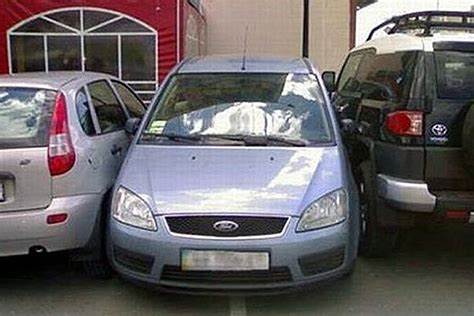For reasons unknown, In the United States, the Social Issues Research Centre conducted a study back in 2002. The study was based on differences between male and female driving. This seems like a sensible and practical use of tax payers money, Reguardless it has led to some fascinating results that can shed some light on this decades old dispute.
It highlighted that males were significantly more at risk than females in terms of crash rates in majority of countries, including but not limited to the United States, Asia, Europe and Africa. This could be attributed to men tending to be more aggressive than women in most cultures. Such hostility and aggression might be expressed in the form of competitive and reckless behaviour that leads to higher probabilities of men crashing. On average, men display more risk-taking and sensation-seeking behaviour than women. This is not just behind the wheel of a motor vehicle and therefore not surprisingly translates across to driving behaviours.
This has been attributed to both socialisation and hormonal and neurochemical differences. The evolutionary psychology perspective proposes that men have evolved to be more aggressive and take risks since the stone age (Marsh 2004). Such qualities were essential for the survival of our species. Men were required to hunt and fight of predators and intruders. These genes have been passed on to future generations. In the United States, men are responsible for 71% of all road fatalities, and this figure has remained constant since 1975 (Stossel 2007).

Aggression is also expressed by what is classed as unnecessary honking while driving. Exactly how this study was conduction or how they differentiate between necessary and un-necessary honking is not clear. A study conducted by Alan Gross and Anthony Doob concluded that men were three times more likely lean on the horn pad as compared to women.
Furthermore, deviant behaviour comprising of speeding, drinking and driving and violating traffic laws are significantly higher among men than women. Case and point, men are four times more likely to be arrested for drunk driving than women.
Another study conducted by Dana Yagil discovered that women viewed traffic laws as necessary, even when safety was not a factor. On the other hand, men tended to be more skeptical of them and thus viewed them as somewhat optional in many circumstances (Keyaka 2016).
In the United Kingdom, a study was conducted in 2012 to investigate the gender gap in 100 drivers. It inferred that when it came to breaking the law while driving, men outnumbered women almost 4:1. The most common offences that men were convicted for included speeding, careless driving and driving and drinking. The study also stated that men were almost twice as likely to make a car insurance claim than women. Since men had more motoring convictions and more insurance claims, a common belief was that it was because men drove more. But when it came to an average annual mileage, the study revealed that men and women were almost eqaul. The average male mileage was 6874 miles and the average female mileage was 6807 miles (“The Gender Gap” 2012).

The commonly held belief that women are bad drivers is a gender stereotype. Men and women have internalized this stereotype and often call women out on their parking abilities, lack of spatial awareness and navigation skills. Girls recognize and endorse this stereotype from early on and its effects are displayed when they are learning how to drive. A study conducted in 2015 revealed that women drive better if this stereotype was not made salient. Two experiments confirmed that women doubled the number of mistakes when driving under the stereotype threat. Thus, the sexist stereotype negatively affects women drivers (Moe et al. 2015). Furthermore, society’s expectations that women are unable to drive well, result in them driving badly and thus confirming their expectations. This became a self-fulfilling prophecy that contributes to a lack of confidence in women while driving.
The disregard of traffic laws, more risk-taking and aggressive behaviour are all causes of more male caused accidents and crashes. This does not necessarily mean that women are better drivers than men. It just proves the opposite false. Hence, it could be said that both men and women have the capability to be good or bad drivers based on confidence and practice while behind the steering wheel. Women must be made aware of this conclusion and a conscious effort should be made by both men and women to not stereotype all female drivers. T
Keyaka, S. (2016). “Women can’t drive!”.
Marsh, P. (2004). Sex differences in driving and insurance risk. http://www.sirc.org/publik/driving_risk.shtml


